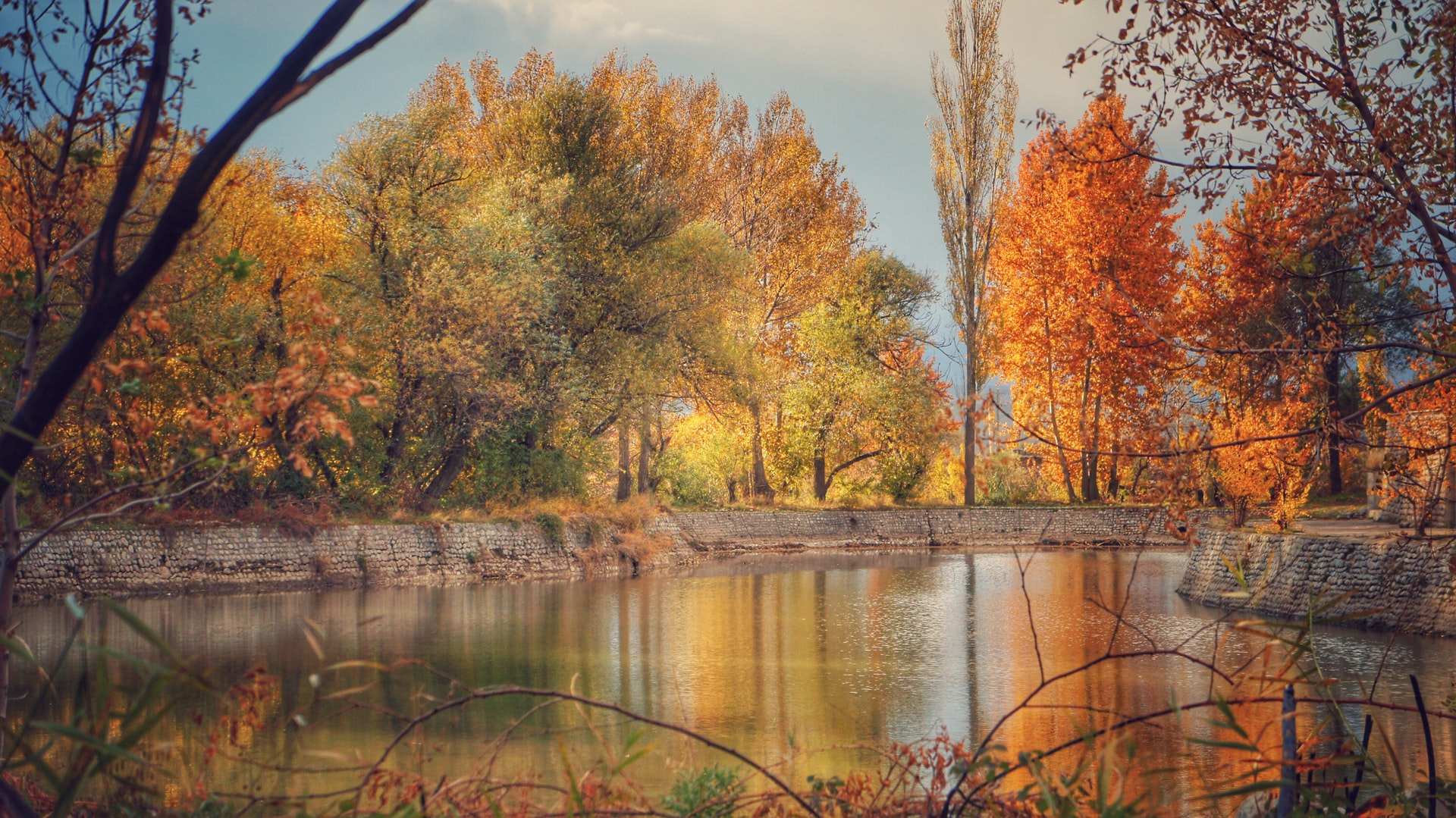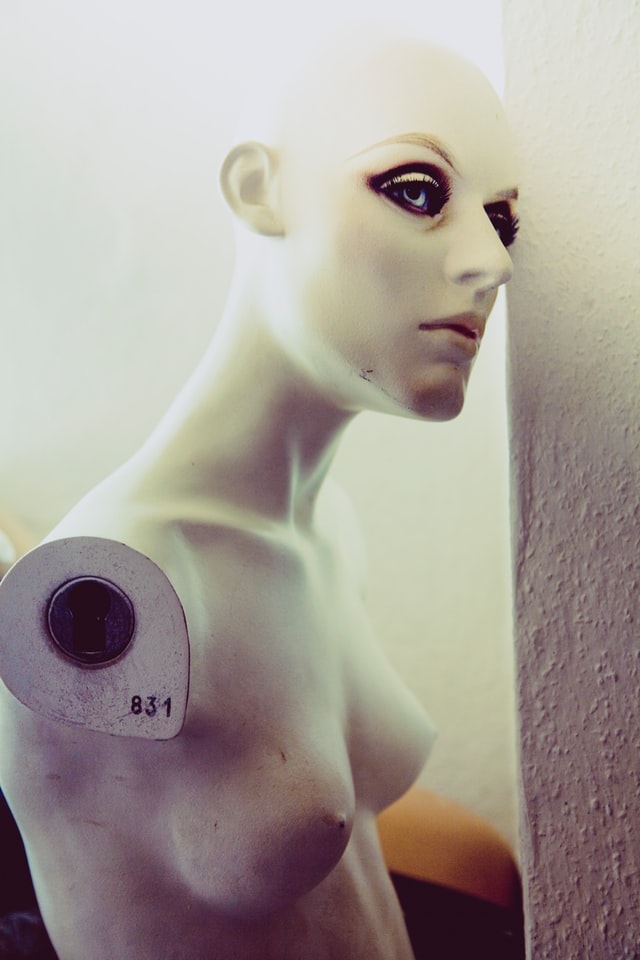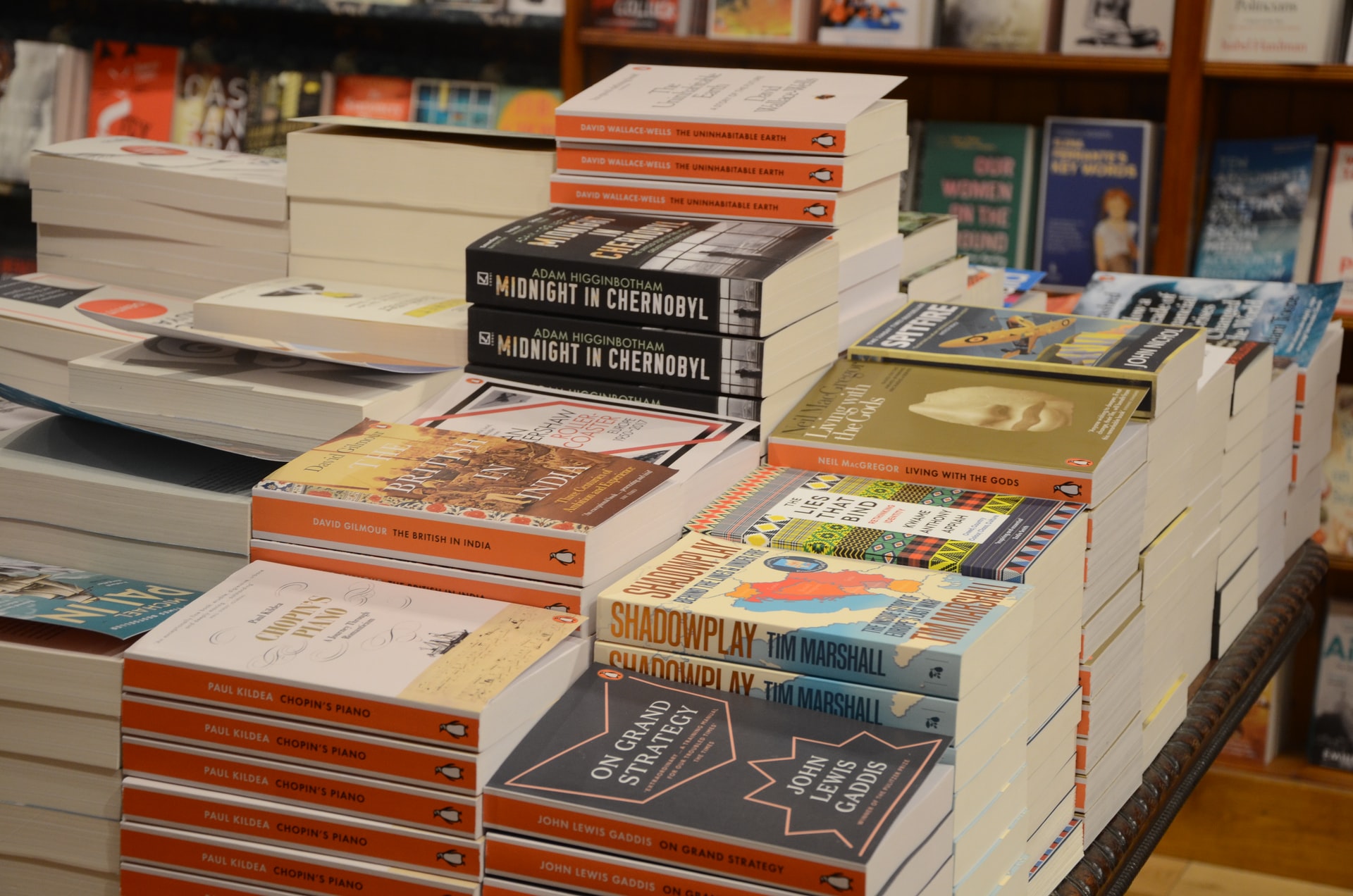

What Is True Beauty
Beauty is all around us. It affects us, nurtures us, lives in us and without us. It imbues things with life and it makes life wonderful.
But what is true beauty?
Is it the tinge of orange in red dawn?
Or the early bloom of flowers or is it spring with all its fragrance, music, joy, and color?
The smile on some unknown face.
Some moments of solitude in a quiet place.
A walk in sand on a lonely beach. A land, full of charms and illusions. Fantasies more real than the reality that always remain out of reach.
What is it that is so special about true beauty that we are always looking for it even in the darkest and strangest of places? In war and strife. In chaos. In storms and hurricanes that turn everything upside down.
Key Takeaways
- Beauty can be inner or outer. Physical or metaphysical. Symmetrical or irregular.
- Superficially beautiful things such as physical attraction, pop songs, and gold are only beautiful for a short while
- True beauty of a person or a thing increases with time. But few people have patience for enjoying real beauty.
- The mysteriousness and hiddenness of a thing makes it beautiful because it ignites our curiosity.
- Beautiful things give us the impression that they hide more than they show.
- When we start seeing the whole world in a fixed way things lose their attraction. They become boring.
- We can learn a lot about beauty and curiosity from children
- We need passion in our hearts to enjoy beauty. But passionate hearts are free of negativity.
- Every one of us can enjoy the abundant true beauty around him or her. All it needs is a little effort to cure our hearts of negativity and a decision to look at the world differently.
- True beauty is abundant and artificial beauty is rare. Sadly we all pursue artificial beauty and hurt ourselves.
Table of Contents
Different perspectives of beauty
Beauty can be looked at from different angles. There is the perspective of inner and outer beauty. Beauty can be divided into physical and metaphysical or beyond. There is symmetrical beauty and one that is strangely irregular but beautiful.
No doubt that these perspectives provide us with enlightening insights but there is more to beauty than just names and designations. Let us look at how beauty affects us and see whether it can tell us something more profound.
Fake beauty

There is a kind of beauty that affects us immediately. Like looking at a highly attractive person or listening to some pop music. People who eat fast food for the first time find it very appetizing and delicious. But the attraction to this kind of beauty wears off quickly. Such beauty is like artificial gold or jewelry. Very bewitching at first glance but if you look a little deeper it all becomes a charade. The effect of such beauty washes of as quickly as it affects you.
True beauty
There is another kind of beauty in this world like the beauty of some people's hearts. Such beauty takes longer to produce an effect but once you get enchanted it is almost impossible to get away from the charm of such people.
Similarly in arts, there are songs that give instant satisfaction. For e.g the songs with billions of views. Then there are songs that need years, a lifetime to appreciate. They remain with you forever while the pop songs are forgotten in a year or a month.
But such things require patience and endurance to appreciate. They might seem dull at first glance but the more you know about them the more you are attracted. Until the effect enchants you completely. They remain beautiful forever. The storms of time only increase their beauty and make them more bright.
What makes a thing beautiful
Where does beauty come from? Nietzsche says that it is the mysteriousness of things their hiddenness that makes them beautiful. For example, things in this world are beautiful from afar when they are not completely shown to us. But once we see them close they lose their charm. The Hiddenness of a thing piques us. It ignites in us a longing to see what is behind the veil of vagueness. The longing to see but never daring to remove that veil. That is beauty
An example
Suppose that you see someone, e.g. a man. His facial features, his physique, and the way he behaves catches your eye. Now your mind builds a picture and fills in the blanks. The picture your mind builds is very beautiful and what's more, it keeps changing imperceptibly as your likes and dislikes change.
The man here has acted as a stimulus for creating beauty in your mind. It was your incomplete knowledge about that man that gave your mind freedom to feel beauty. Had you known that man more, you would never have been attracted.
Curiosity and beauty
Curiosity ignites our sense of beauty. It is our curiosity and positivity that create beauty around us. We pass through a garden and our eyes are attracted to every leaf and flower. We see them but we see more. Curiosity makes this so.
Sadly most people as they grow old and have some harsh experiences of life start seeing everything in a decided way. They meet someone and already decide what to expect. They think they have everything figured out and see people in predefined molds. Such people when they pass through a garden see the same flowers every day. Why? Because they have already decided what flowers are.
Looking at the world in a decided way takes away all of its beauty. Life becomes mechanistic and boring for such people. It is the everyday newness of things that makes life so interesting. But newness needs curiosity.
Curiosity and children

We can learn about curiosity from children. They always have questions and their imagination runs wild when they see something remotely new. For children even a wall with falling plaster is interesting. The price tags on things are nothing to children. A child can be happy holding an expensive toy plane but he can find the same pleasure while holding a clay figure. Children experience life as it should be experienced. They are always curious.
How to appreciate true beauty
How to be curious again? How can we start seeing beauty in our ordinary mundane life?
All we need is passion and feeling. The passion to look for more where there seems to be nothing profound. The thirst to feel what we can not feel but want to feel so that we can converse with the beauty around us. Such passions and feelings can only come from a beautiful heart. A heart, free of negativity, anger, bitterness, hatred, and greed.
Appreciating true beauty does not need high IQ or intelligence
People talk about rationality, IQ, and intelligence but few people ever talk about the heart. Anyone can have a beautiful heart and anyone can make his sad heart beautiful. All It needs is a little effort.
But sadly we are so busy with our lives that we do not have time for our hearts. The pursual of pleasure i.e artificial beauty from one minute to the next has made us very pessimistic. We seek satisfaction but such momentary pleasures never satisfy our unquenching thirst for more.
How free we could all be if we saw the abundant beauty around us.
The world needs more people with beautiful hearts. The rationality of this age has almost made us clinical, emotionless, and robotic. That is not how humans should be. But sadly we are becoming more and more like that.

Conclusion
Isn't it strange that we all run towards the fake beauty of this life: beautiful house, beautiful partner, beautiful things. We pursue them till our lives end. We fetter about them. We envy others because they have it and we have not. We divide the world into haves and have-nots and become angry about this injustice. But we never once question ourselves. Perhaps we should stop for once in our maddening pursuit of things and look at the real beauty that is abundant all around us. fake beauty is rare but not everyone needs that. Real beauty is abundant but sadly few people can look at it. We have become blind and we don't know.
Perhaps we should think about it sometimes.



Comments